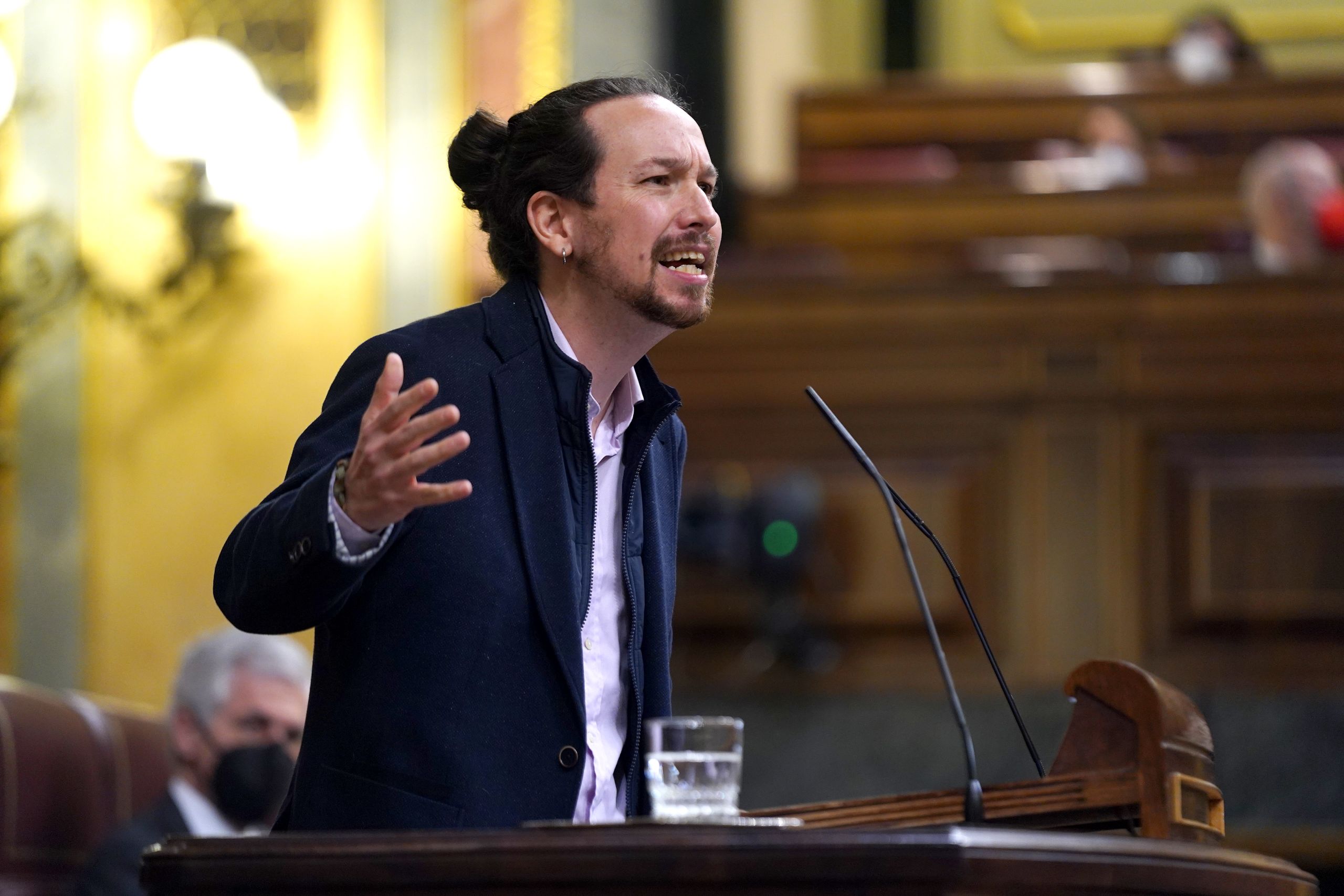Pablo Iglesias Urges Polisario Militias to “Take Up Arms Against Morocco”: An Irresponsible Drift

Former Spanish Deputy Prime Minister Pablo Iglesias now seems more eager to provoke than to persuade. In his show La Base, broadcast on Canal Red TV on November 6, 2025, the Podemos founder crossed a red line: he called on the Polisario Front militias to “take up arms” to “liberate” the Sahara. A statement of extreme gravity, amounting to a blatant incitement to armed violence against a neighboring and strategic partner country of Spain, Morocco. By legitimizing war as a political tool, Iglesias breaks with the principles of responsibility and diplomacy that any former statesman should uphold.
Under the guise of geopolitical analysis, Iglesias echoes the most radical rhetoric of pro-Polisario and pro-Algerian propaganda. By labeling Morocco as a “colonial power,” he deliberately disregards the UN Security Council’s resolutions, notably Resolution 2797 of October 2025, which reaffirms the preeminence of Morocco’s autonomy plan as the only serious and credible basis for a lasting solution. This discourse is not only false—it undermines the international community’s peace efforts and denies the legitimacy of diplomatic frameworks established over decades.
Beyond disinformation, this stance reveals above all a calculated strategy of provocation. Since his departure from government, Pablo Iglesias has been sidelined from Spanish politics and is now seeking to regain media relevance by exploiting international tensions. By instrumentalizing the Sahara issue to attack Pedro Sánchez and criticize Spain’s foreign policy, he is not defending a cause—he is manufacturing controversy. This manipulation of a sensitive conflict in pursuit of personal ambition reflects a disturbing cynicism, unworthy of a former senior state official.
The potential consequences of his words are considerable. Encouraging an armed movement to resume hostilities risks reigniting a fragile region. It also violates the principles of international law, dialogue, and peaceful coexistence that Spain, as a member of the UN Human Rights Council, is expected to promote. By normalizing war rhetoric, Iglesias contributes to the acceptance of violence in Spanish public discourse—a dangerous drift whose reverberations may reach far beyond television studios.
Ultimately, this media outburst exposes the downward spiral of Spain’s radical left, adrift and lacking vision, which prefers to reignite the flames of an external conflict rather than address the challenges within its own country. By trading responsibility for provocation, Pablo Iglesias sinks into a marginal and dangerous posture where demagoguery replaces reason and ideology becomes a pretext for irresponsibility. His call for violence against Morocco will remain an indelible stain on Spain’s recent political history.